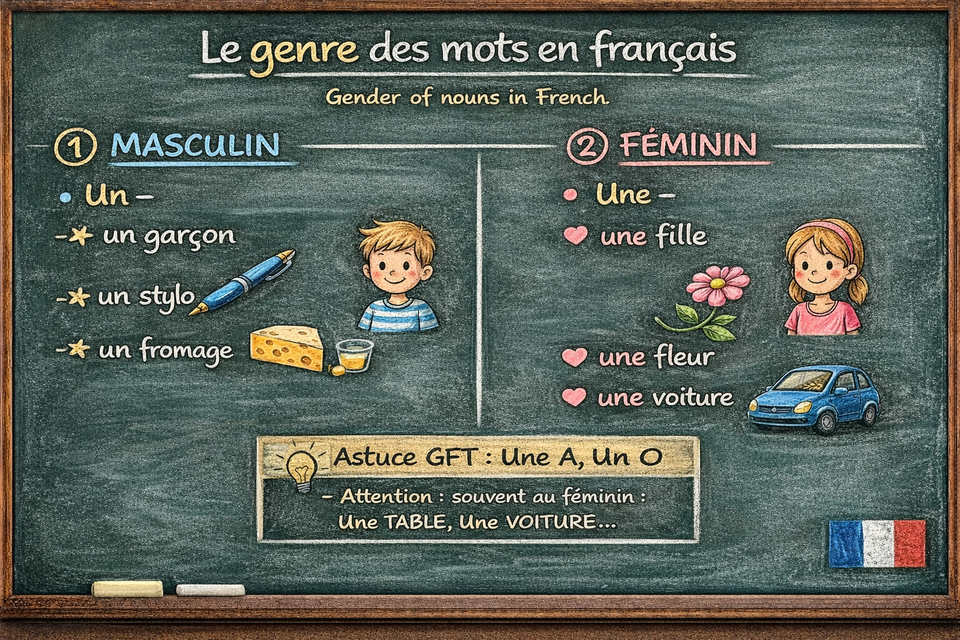La crise politique française et la culture du compromis (The French Political Crisis and the Culture of Compromise) (Level B1-B2)

Le Premier ministre Sébastien Lecornu a présenté sa démission le 6 octobre, après seulement vingt-sept jours en fonction — et à peine un jour après la nomination de son gouvernement. Face à cette nouvelle étape dans la crise politique, beaucoup de Français se disent abasourdis par le manque de responsabilité de leurs représentants.
La France est aujourd’hui divisée en trois grands blocs politiques (extrême droite, centre, extrême gauche), aucun ne pouvant gouverner seul. Aucun n’a la majorité suffisante pour concentrer le pouvoir comme le permettait jusqu’ici le fameux “fait majoritaire” de la Ve République.
Jusqu’en 2022, ce système permettait au gouvernement de gouverner sans tenir compte des minorités. Comme le disent les Anglo-Saxons : “The winner takes all” — le gagnant emporte tout… et ignore ceux arrivés derrière.
C’est ce que nous avons abordé lors de notre atelier mensuel “Actualité française” jeudi dernier. Voici d’ailleurs une vidéo courte avec un extrait de la discussion.
N’hésitez pas à nous rejoindre en souscrivant au Discussion Package pour participer au prochain atelier !
La situation actuelle montre surtout à quel point la France manque d’une culture du compromis — celle qui consiste à faire passer l’intérêt général avant les intérêts partisans lorsque les circonstances l’exigent.
Dans d’autres pays européens, cette culture du dialogue a souvent permis d’éviter la crise politique permanente.
L’exemple de l’Allemagne est éclairant : le compromis y est une force. La culture du contrat contribue à la stabilité du pays. En 2005, alors que le pays est fracturé par les réformes du marché du travail (les lois Hartz), le chômage est élevé et aucune majorité claire ne se dégage. La CDU d’Angela Merkel et le SPD de Gerhard Schröder décident alors de s’allier pour sortir de l’impasse.
De là naîtra la fameuse “GroKo” (grande coalition), devenue un pilier durable de la vie politique allemande.
Alors, un tel compromis est-il possible en France ?
Peut-être faudrait-il d’abord cesser de diaboliser son adversaire. Comme le rappelle le politologue Loïc Blondiaux :
“Il arrive un moment où, si l’adversaire est perçu comme un ennemi, il n’y a plus d’avenir collectif concevable.”
Et vous, pensez-vous qu’une telle situation pourrait se produire aux États-Unis ?
Partagez vos réflexions dans les commentaires !
TRADUCTION:
The French Political Crisis and the Culture of Compromise
Prime Minister Sébastien Lecornu resigned on October 6 — after only twenty-seven days in office, and barely a day after appointing his government. Faced with yet another stage in the political crisis, many French citizens say they are stunned by the lack of responsibility shown by their representatives.
France is now divided into three major political blocs — the far right, the center, and the far left — none of which can govern alone. None has a sufficient majority to hold power as used to be the case under the famous “majority rule” of the Fifth Republic.
Until 2022, this system allowed the government to rule without taking minorities into account. As the English saying goes: “The winner takes all” — the winner takes everything… and ignores those who came second.
This was precisely the topic of our monthly “French News” workshop last Thursday. Here’s a short video excerpt from our discussion.
Feel free to join us by subscribing to the Discussion Package and take part in the next session!
The current situation mainly reveals how much France lacks a culture of compromise — the ability to put the common good above partisan interests when circumstances demand it.
In other European countries, this culture of dialogue has often helped prevent a state of permanent political crisis.
Germany offers a telling example: there, compromise is a strength. The culture of negotiation contributes to the country’s stability. In 2005, when Germany was deeply divided over labor-market reforms (the Hartz laws), unemployment was high and no clear majority emerged. Angela Merkel’s CDU and Gerhard Schröder’s SPD then decided to join forces to break the deadlock.
From this alliance was born the famous “GroKo” (Große Koalition or “grand coalition”), which became a lasting pillar of German political life.
So — could such a compromise ever happen in France?
Perhaps the first step would be to stop demonizing one’s opponent. As political scientist Loïc Blondiaux reminds us:
“There comes a point when, if your opponent is seen as an enemy, no collective future is possible.”
And what about you — do you think such a situation could arise in the United States?
Share your thoughts in the comments!




